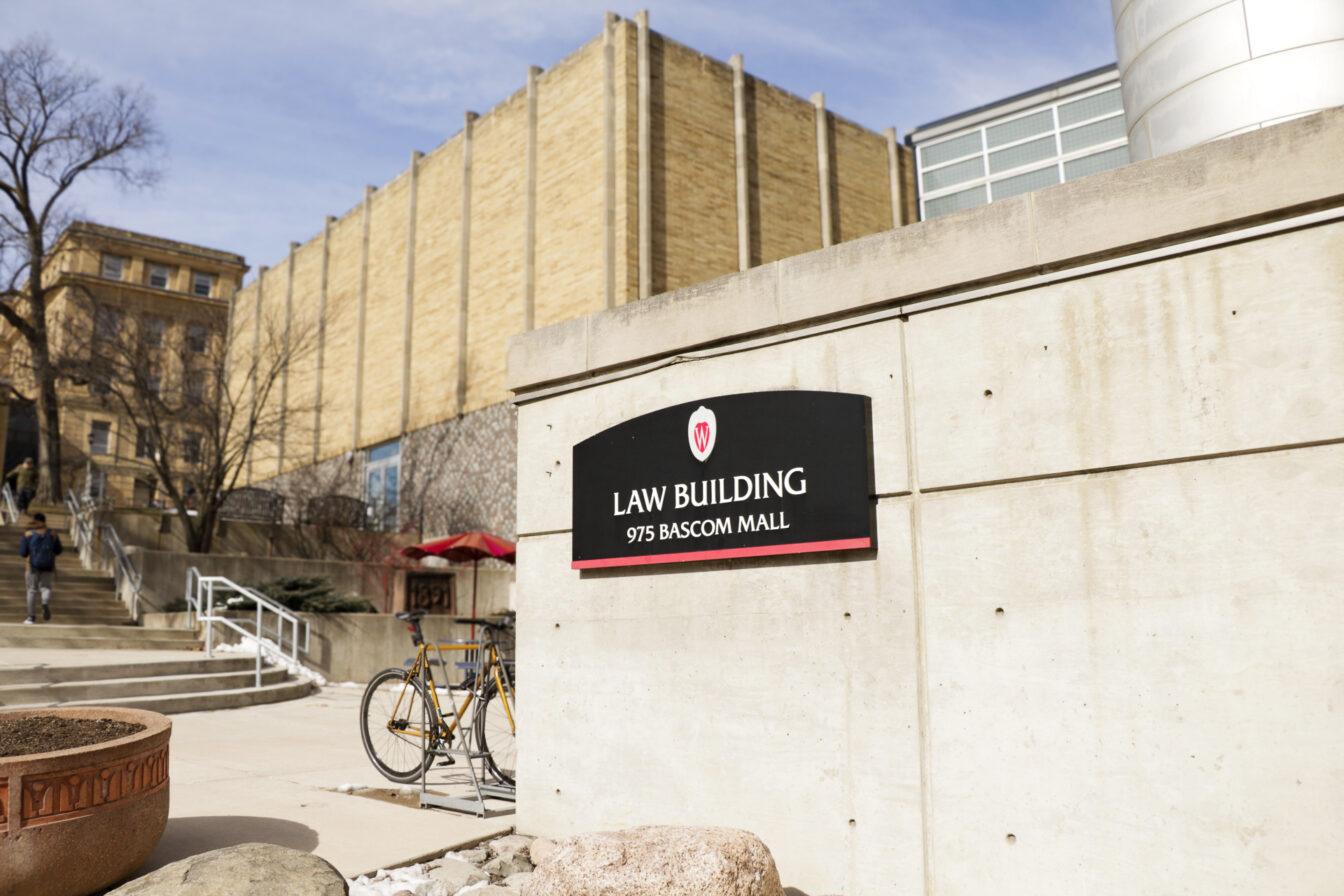Newspapers cover anniversaries too often. This is a painfully common sentiment among media critics and the paper-reading public; at some point a momentous event becomes impossible to eulogize or commemorate without seeming repetitive.
This week marks two years since the beginning of “the protests that changed Wisconsin forever.” The occasion does not demand the kind of coverage it did last year, but I suspect our friends at the Capitol – most likely Democrats – will send a few press releases marking the moment Thursday and Friday.
I suspect some news outlets, many of them national, will take the bait and write a nice feature about how Wisconsin has changed over the last two years. I suspect they will also frame our troubles as a microcosm of the country’s political divisions – the failure of one of the major political parties or the long-term success of another. I suspect people from Wisconsin, continuously desperate for media attention, will share these features as proof The New York Times, The Wall Street Journal or another major organization cares about what happens here.
I suspect the first paragraph of most of these stories will read something like this:
“MADISON, Wis.: The residents of the capital of this heavily-divided Rust Belt state continue to feel the effects of intense partisan division two years after Wisconsin Gov. Scott Walker introduced legislation to curb collective bargaining rights for public employees.”
Or this:
“MADISON, Wis.: John Doe and his wife, Jane, are a rare sight in Wisconsin. They are a cross-partisan married couple.
‘Some of our friends broke off their engagements when the protests happened,’ John said. ‘We were some of the only ones we know who stayed the course.’
The Doe’s story is rare in Wisconsin, a state where partisan divisions have destroyed families and wrecked cooperation in the state Legislature.”
These ledes are so easy to predict because variations of them have been written since the dawn of the recall movement, when marriages actually were dissolving because of the political divisions. I hope I’m proven wrong this week, and I expect some of the better news outlets will do just that.
But some of them haven’t. Last month, Esquire Magazine’s website ran a piece on its politics blog entitled “How Wisconsin stopped being Wisconsin.”
At last! A piece that would tangibly describe the intangible feeling of living in post-recall Wisconsin, complete with interviews with people who have lived in the state for years and could put a finger on what exactly has changed in Wisconsin beyond the severity of our political divisions.
Instead, the piece was riddled with common phrases and names like “Koch Brothers,” “where…progressive politics was born” and “Robert LaFollette.” They’re nestled into a piece about taconite mining and how Republicans have curtailed the ability to protest or document proceedings from the legislative galleries.
I find these issues just as concerning as any out-of-state writer who parachutes into Madison to interpret what’s happened here for a national audience. And I respect their effort to do the parachuting.
But with two years gone, it’s time for some form of media – be it literature or journalism – to bring Wisconsin to a deeper understanding of what happened here.
What we have endured is much less serious and consequential than the dictatorships or wars that lead to the best literature and the most insightful journalism.
But Wisconsin has lost its energy and Madison has lost some of its soul. Our story is just as tragic as it is politically relevant; the divisions that were wrought here haven’t just taken away the progressive tradition whose loss half the state persistently mourns.
I’m not a capable enough writer to put my finger on the deeper change I’ve felt in this state. But someone out there is, and I hope we can break free from the formulaic interpretations of what it means to live in Wisconsin now and begin to understand the historical meaning of what we have experienced.
Ryan Rainey ([email protected]) is a senior majoring in journalism and Latin American studies.




















